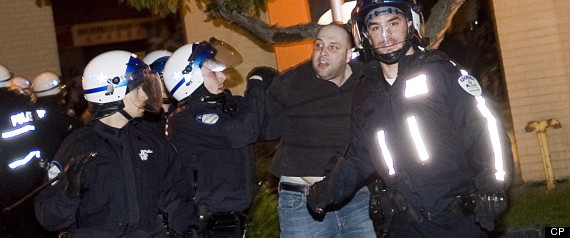The online "misinformation campaign," first reported last month, has raised questions about whether the Pentagon or its contractors had turned its propaganda operations against U.S. citizens. But Camille Chidiac, the minority owner of Leonie Industries and its former president, said he was responsible for the online activity and was operating independently of the company and the Pentagon.
"I take full responsibility for having some of the discussion forums opened and reproducing their previously published USA TODAY articles on them," he said in a statement released by his Atlanta attorney, Lin Wood.
"I recognize and deeply regret that my actions have caused concerns for Leonie and the U.S. military. This was never my intention. As an immediate corrective action, I am in the process of completely divesting my remaining minority ownership from Leonie," Chidiac said.
"I take full responsibility for having some of the discussion forums opened and reproducing their previously published USA TODAY articles on them," he said in a statement released by his Atlanta attorney, Lin Wood.
"I recognize and deeply regret that my actions have caused concerns for Leonie and the U.S. military. This was never my intention. As an immediate corrective action, I am in the process of completely divesting my remaining minority ownership from Leonie," Chidiac said.





























